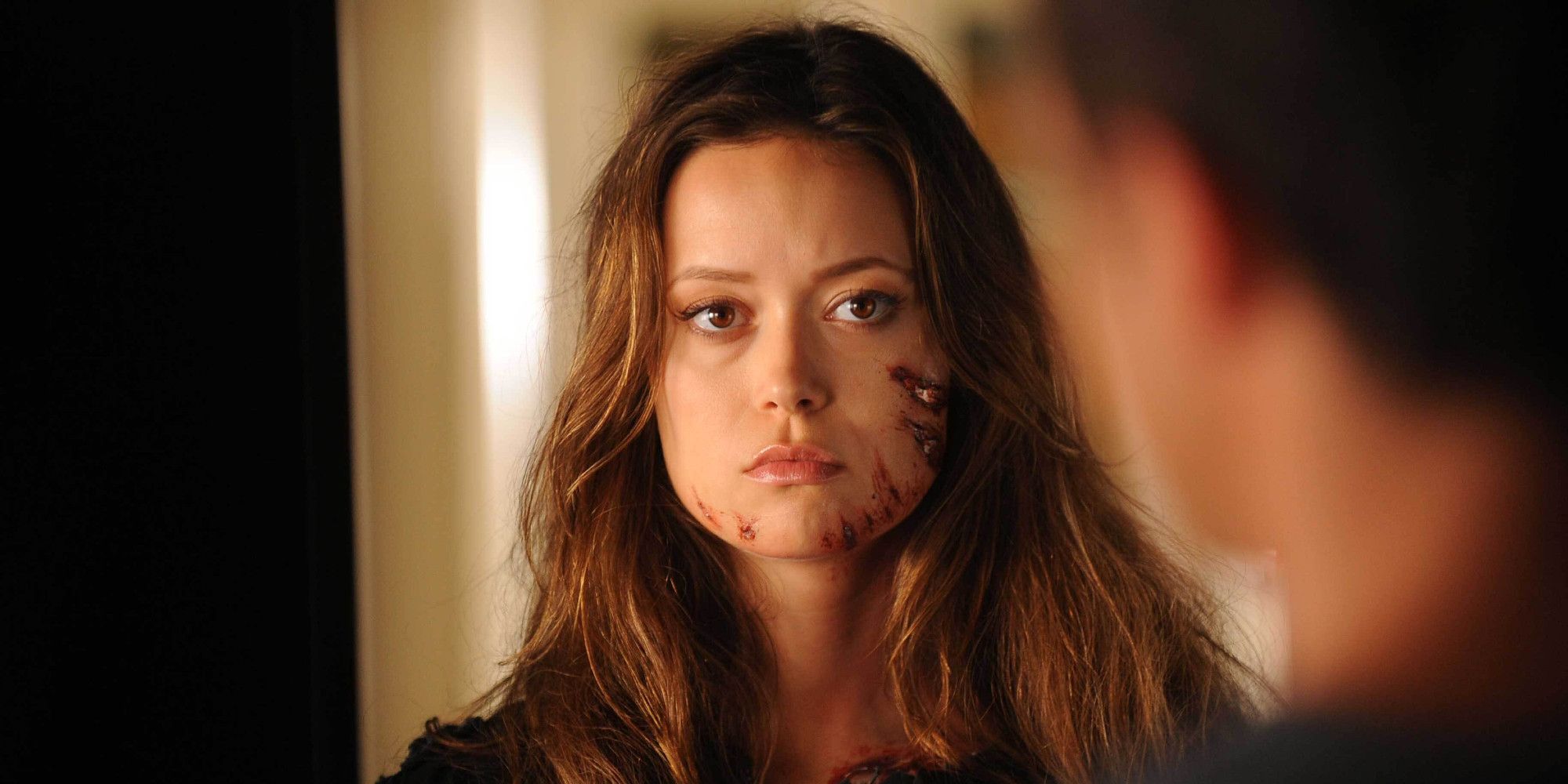
In science fiction TV, a good first episode is crucial for a show’s success. Because the genre relies on big ideas and imaginative worlds, the pilot needs to grab viewers’ attention and establish more than just the characters – it needs to showcase the potential of the entire series.
Sci-fi shows need strong first episodes to grab viewers and pull them into a brand new world, making them eager to watch more. It’s crucial to quickly set the atmosphere, explain how this world works, and demonstrate that the story will be compelling. A truly excellent pilot episode can instantly make a sci-fi show a hit, generating excitement and high hopes – often matching the grand scale of the show’s ideas.
Setting high expectations is risky, particularly with a specific genre like science fiction. A fantastic first episode can backfire if subsequent episodes don’t live up to the same standard. Science fiction relies on building intrigue and unveiling new information, but it also needs to continuously develop its story to maintain audience interest after the initial mysteries are solved.
Some TV shows can easily change and stay fresh each season, but others with a great start can become predictable, hurried, or lose focus. It’s a common problem for science fiction series – they often lose steam as the season progresses. It’s disappointing for viewers when a promising show doesn’t live up to its potential.
10. Terminator: The Sarah Connor Chronicles
2008-2009
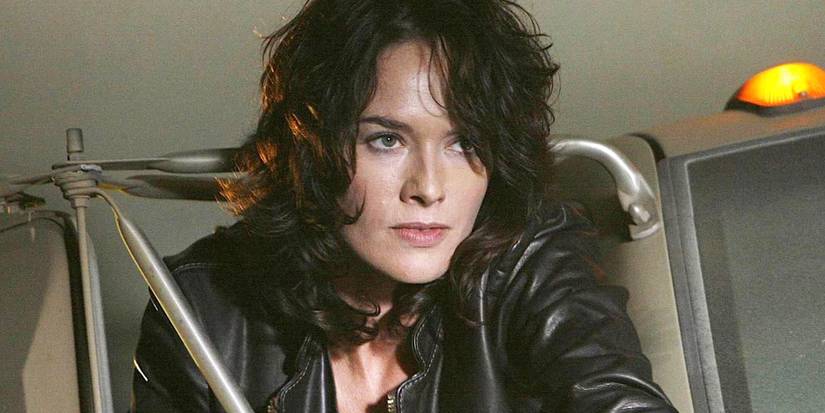
Terminator: The Sarah Connor Chronicles ran for two seasons and continued the story of the Terminator films, imagining a new future for Sarah Connor (Lena Headey) and John Connor (Thomas Dekker). The show introduced Summer Glau as Cameron, a character who was both a helper and an enigma, especially during the first season. Critics generally liked the series, praising its exciting mix of action and science fiction.
Despite a promising beginning, Terminator: The Sarah Connor Chronicles struggled to attract a large audience. It initially captivated viewers, but lost momentum as the series went on. Ultimately, after two seasons, the show couldn’t build on its strong start and was canceled before it had a chance to recover.
9. Star-Crossed
2014
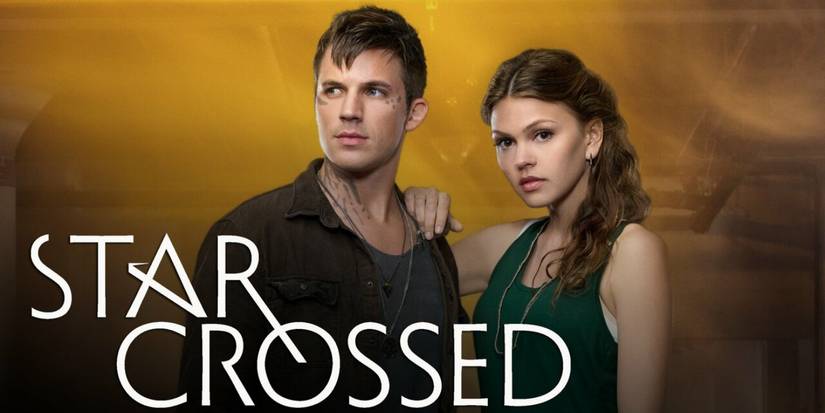
I remember being totally hooked on Star-Crossed when it aired! It was this really fun show on The CW that blended teen drama with sci-fi, and it had a definite Romeo and Juliet vibe. Aimee Teegarden played Emery Whitehill, a girl living in Louisiana in a futuristic 2024 – it was originally made in 2014, which is wild to think about. The premise was that aliens had come to Earth about ten years before the show started, and they were slowly becoming part of human society.
The show Star-Crossed centers on Roman (Matt Lanter) and Emery as Roman begins high school after being isolated for a decade. While the series initially focused on their passionate relationship and presented some interesting ideas, it ultimately failed to gain a strong following. After only one season, Star-Crossed was canceled, unable to maintain viewer interest.
8. The OA
2016-2019
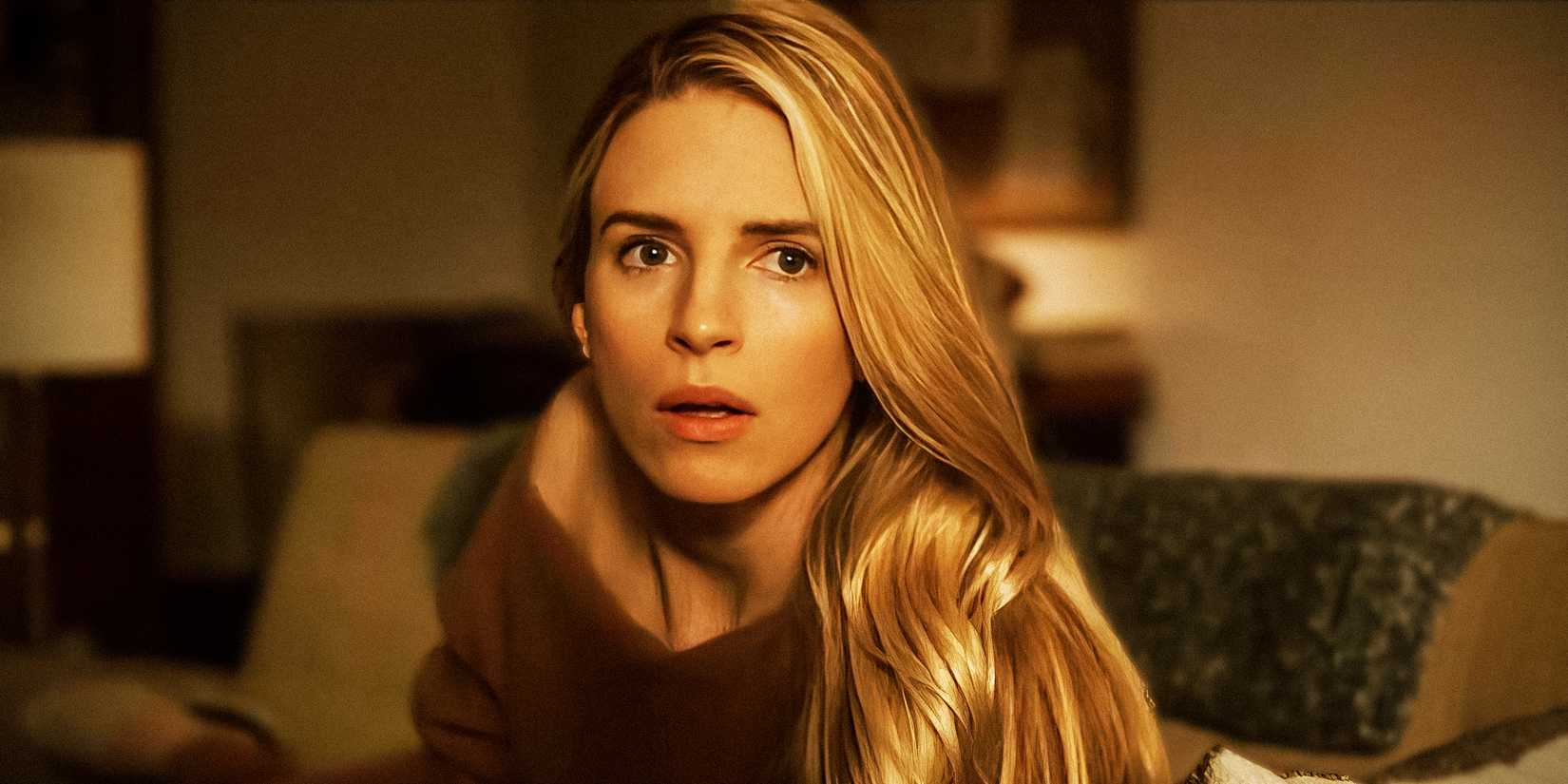 Custom Image by Yeider Chacon.
Custom Image by Yeider Chacon.
The sci-fi series The OA debuted on Netflix in 2016 and immediately earned critical acclaim for its unique story and how well it was made. The show centered around a disappearance with supernatural elements, and its unconventional storytelling set it apart from other mystery programs. While the first season of The OA was visually impressive and thoughtfully crafted, the second season faced significant delays and took years to finally arrive.
The show was visually impressive and experimented with a unique storytelling style, but the plot sometimes felt disjointed. It aimed for a grand scope, which wasn’t always successful and divided viewers. Despite generally positive reviews, the series was unfortunately canceled before it could fully develop its ideas.
7. Salvation
2017-2018
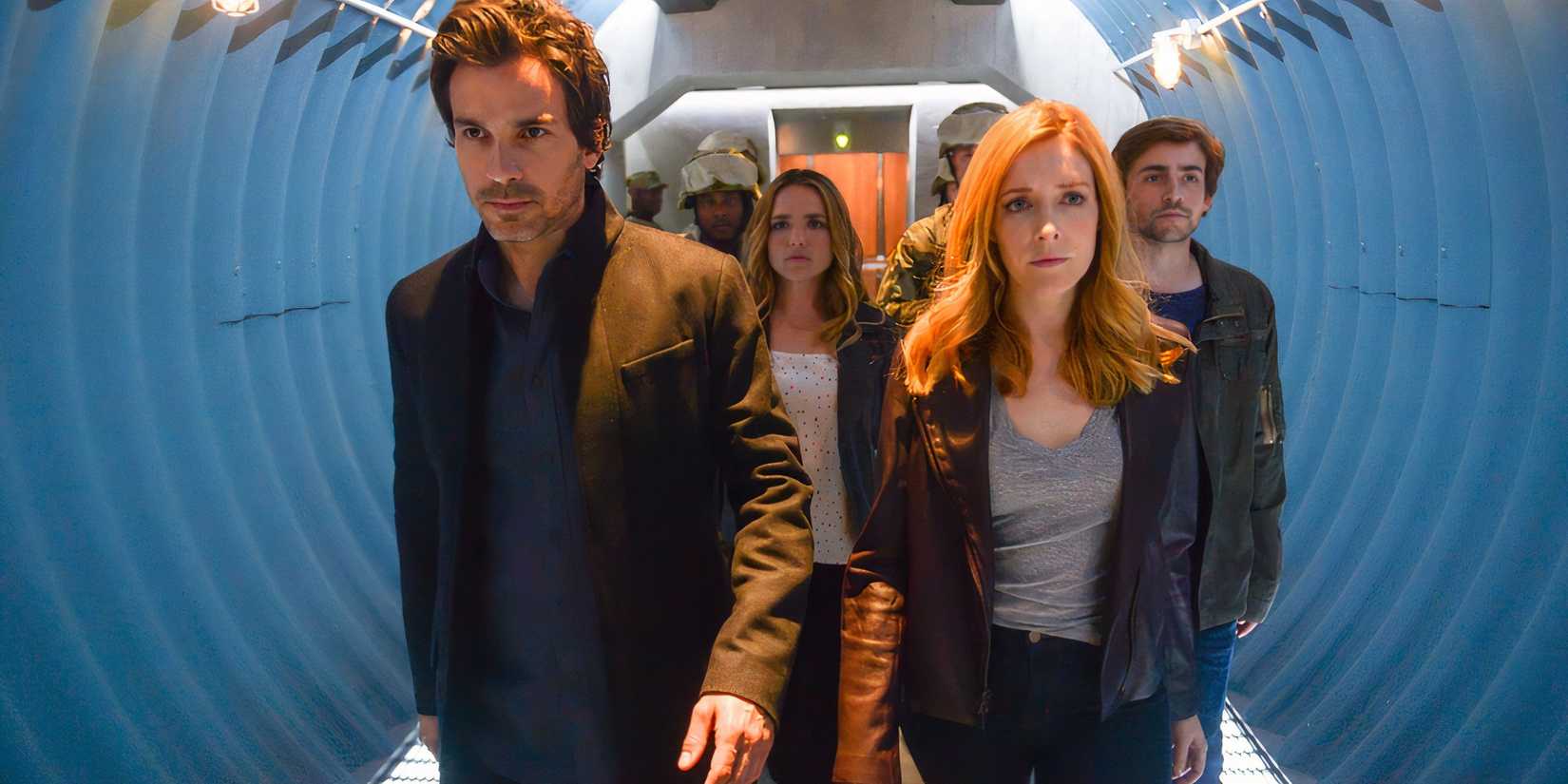
The 2017 CBS show Salvation explored a potential global catastrophe through the stories of a diverse group of people. When a huge asteroid is discovered on a collision course with Earth, a government team has six months to find a way to prevent the planet’s destruction – all while keeping the impending disaster a secret from everyone else.
Despite a compelling premise and realistic setting, the show Salvation didn’t fully satisfy critics over its two seasons. While the first season began promisingly, many felt the show lacked significant tension from week to week and failed to explore the deeper emotional possibilities of its story.
6. Terra Nova
2011
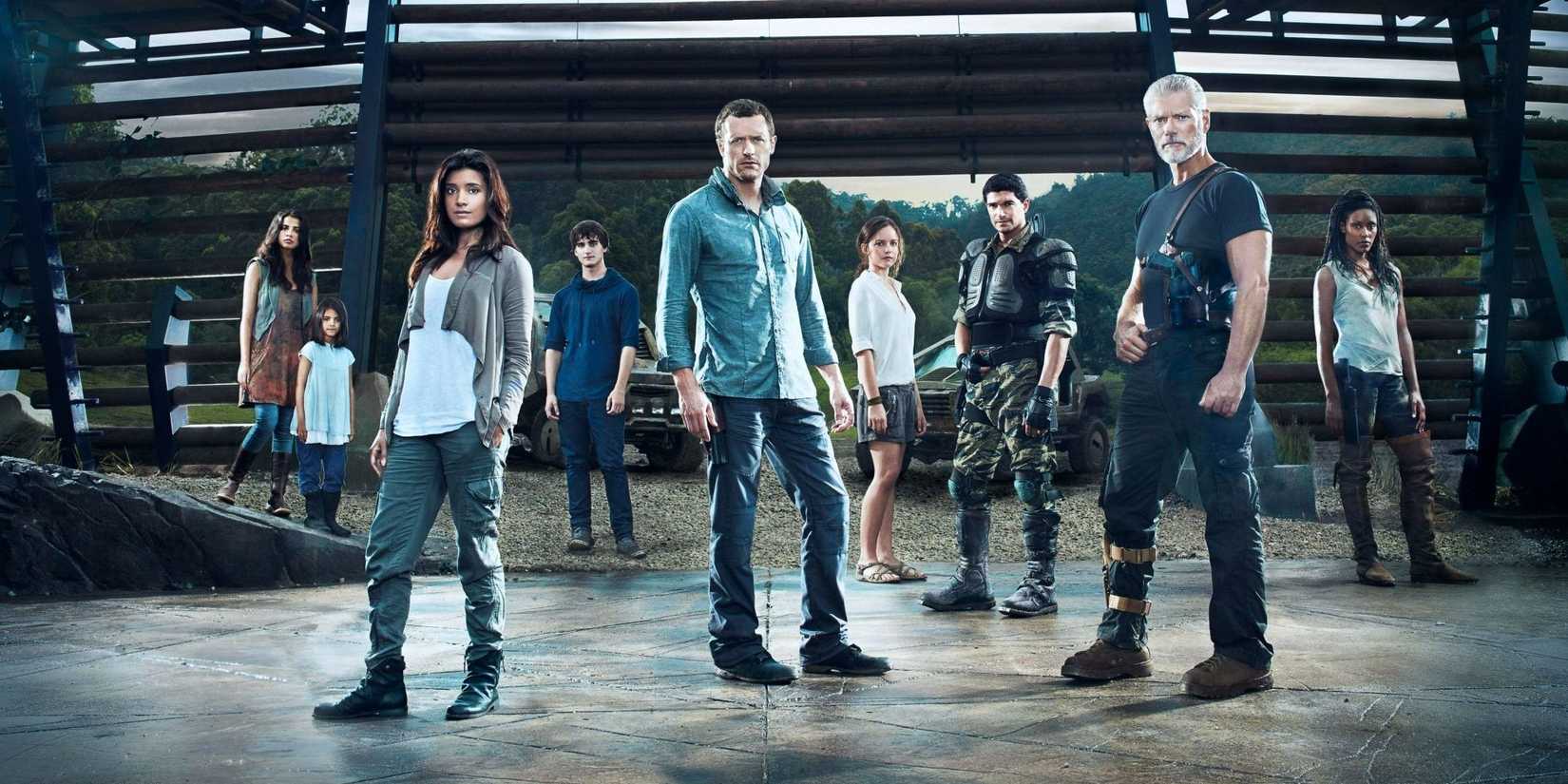
In 2011, the series Terra Nova, backed by Steven Spielberg’s Amblin Entertainment, introduced a compelling idea: in a future where Earth is dying, a group of people discover a portal to the prehistoric past, hoping to rebuild society. The show had a captivating premise and a grand scale, making it initially very promising.
The series started promisingly, but its quality declined as the story became more complex. It tried to do too much, juggling themes of rebuilding society, family relationships, and science fiction. Ultimately, the show was overly ambitious and collapsed under the weight of its own ideas.
5. Under The Dome
2013-2015
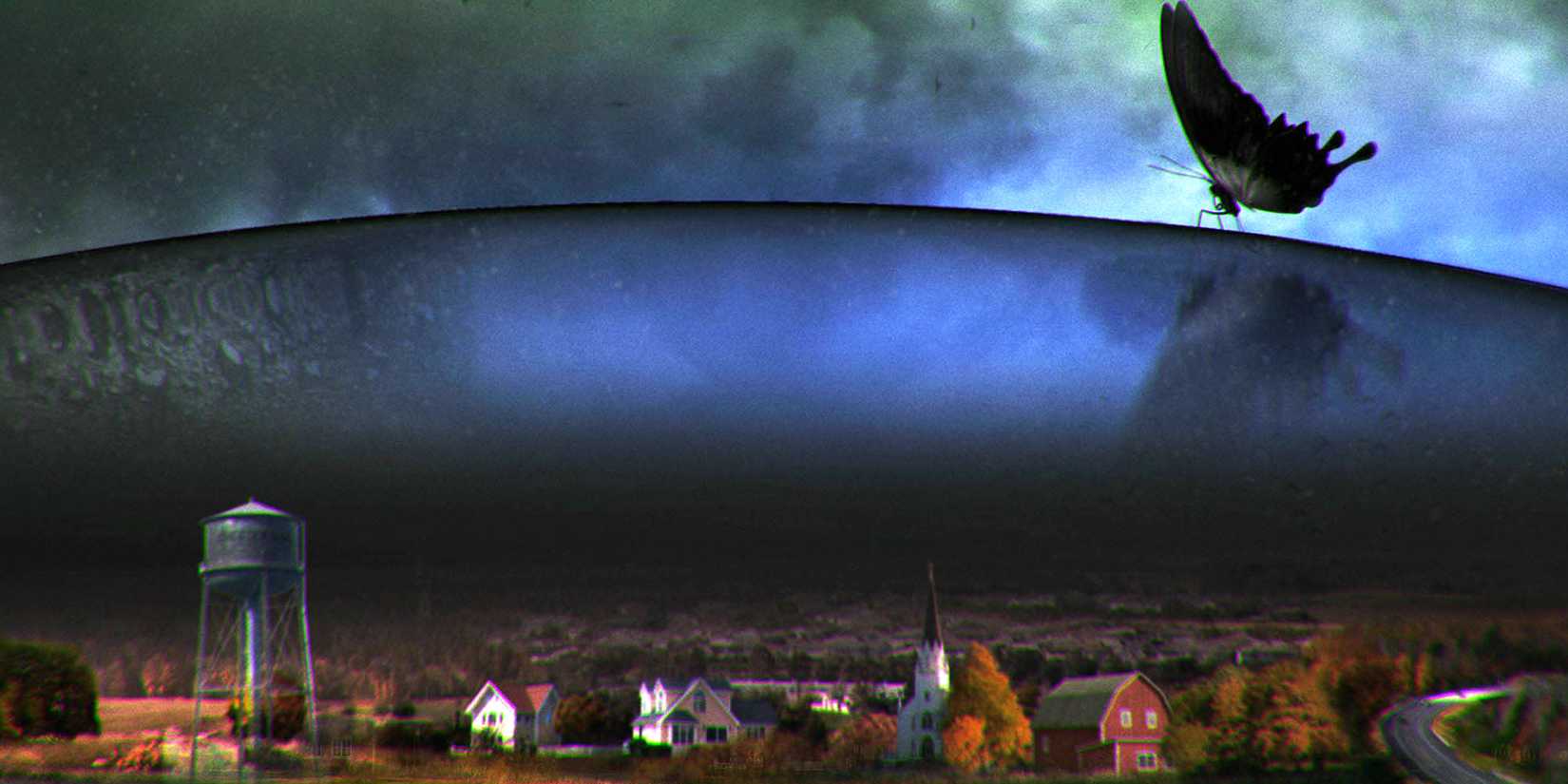
The TV series Under the Dome, based on the Stephen King novel, premiered on CBS in 2013 and initially generated a lot of excitement from both audiences and reviewers. Like the book, the show centered on a small town mysteriously sealed off by an invisible, unbreakable dome. Although it began with a compelling mix of mystery and science fiction, the series lost some of its momentum as it progressed.
The first season of Under the Dome was well-received by critics, but the show struggled in later seasons. Viewers lost interest as the plot became increasingly complicated and the twists felt unnatural, even for a science fiction series.
4. Almost Human
2013-2014
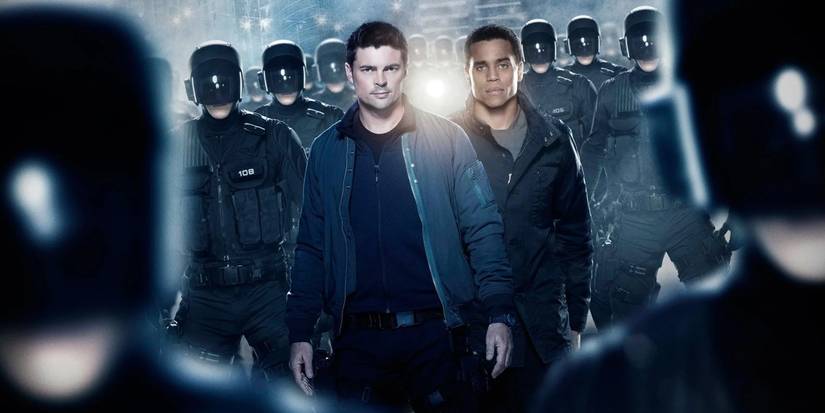
As a sci-fi fan, I really enjoyed the initial concept of Almost Human, a Fox show from 2013. It paired Karl Urban as a detective with a super-advanced android, played by Michael Ealy, and they teamed up to solve crimes in a futuristic world. While the show had a really strong starting point, I always felt like it didn’t quite reach its full potential – it needed more time to develop and explore its ideas.
Despite a promising start and positive reviews, the show Almost Human faced challenges. While the initial idea was intriguing, the show’s setting didn’t fully support a natural progression of the story. It felt slow-paced and awkward at times due to its science fiction elements, ultimately leading to low viewership and cancellation after only one season.
3. Defying Gravity
2009
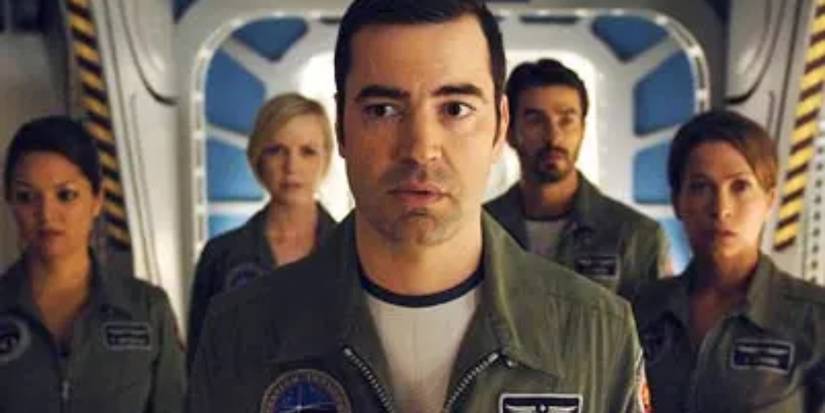
The 2009 drama Defying Gravity aired on ABC and CTV and followed eight astronauts on a six-year mission across the solar system. While monitored by a team on Earth, the astronauts – who were all supposed to be taking medication to suppress their emotions – quickly began to develop romantic relationships with each other.
The show started with a compelling idea – a space mission – but it quickly became overly dramatic, which lost many viewers. Although thirteen episodes were made, only eight were broadcast in the United States. However, the complete series Defying Gravity was shown on television in other parts of the world. It had a lot of potential, but ultimately failed to gain a strong following.
2. Heroes
2006-2010
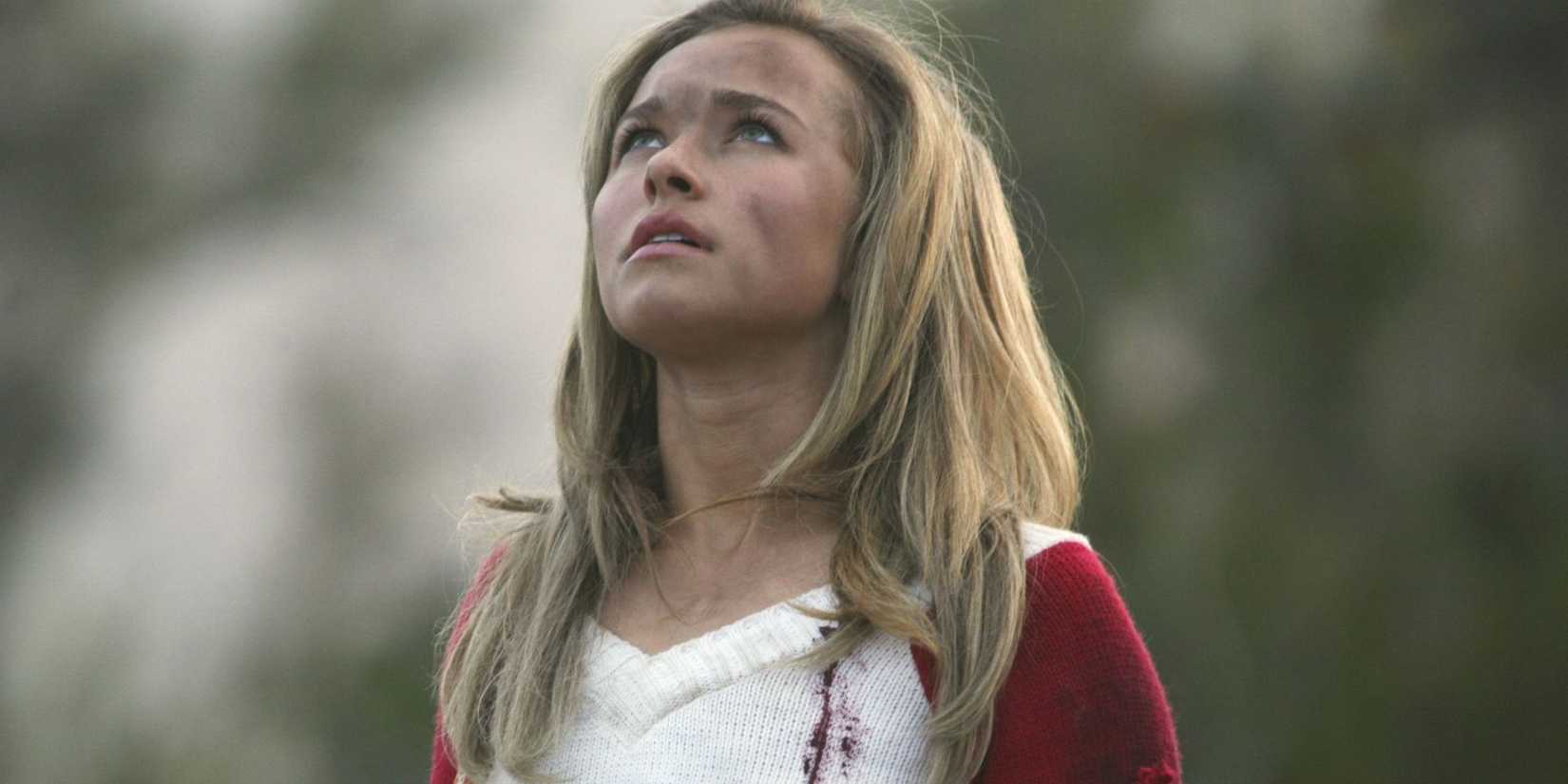
Premiering in 2006, Heroes quickly became a standout show and a turning point for science fiction television. The series followed a diverse group of people who unexpectedly discovered they possessed superpowers, leading them to grapple with questions of fate, ethics, and what their new abilities meant for the future. Featuring a talented cast including Hayden Panettiere, Milo Ventimiglia, and Zachary Quinto, Heroes received widespread acclaim upon its release.
As the show progressed, it struggled to maintain its initial creativity and simplicity. Though it attempted to expand its complex backstory, it lost focus and became difficult to follow. Ultimately, after only four seasons, Heroes had a strong start but quickly lost momentum and faded away.
1. Firefly
2002
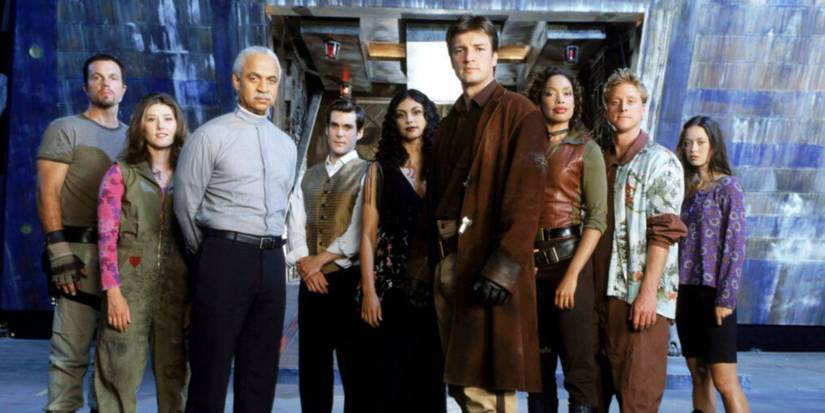
Firefly, a space Western created by Joss Whedon – the creator of Buffy the Vampire Slayer – first aired in 2002. The show quickly gained a strong following thanks to its well-developed characters, witty humor, and unique science fiction setting. Critics praised Firefly almost immediately, appreciating its innovative combination of classic Western themes and futuristic space travel.
Despite being a beloved show, Firefly only lasted one season due to low viewership. Though the single season was good, the series wasn’t able to reach its full potential and never really found its audience. It didn’t have the opportunity to grow and fully develop.
Read More
- Five Nights At Freddy’s 2 Review: The Video Game Movie Sequel Limbos Under The Low Bar Set By The First Film
- ‘And Then The Chesty One Comes In.’ SNL’s Cut For Time Sketch Hilariously Reimagined Sydney Sweeney And Zendaya’s Euphoria
- Black Phone 2 Ending & Grabber’s Fate Explained
- Прогноз криптовалюты USD1: прогнозы цены USD1
- George Clooney Has The Best Reaction To The Viral Louvre Heist Following Ocean’s Eleven Comparison
- Прогноз криптовалюты BNB: прогнозы цены BNB
- Game Of Thrones’ New Targaryen Show Is Officially Breaking An HBO TV-M Trend
- Прогноз криптовалюты BTC: прогнозы цены биткоина
- Mickey and Minnie’s Runaway Railway Just Made A Rule Change, And Fans Are Making The Same Comment About Why
- A Couple of Cuckoos Season 2 Episode 11 Release Date, Time, Where to Watch
2025-10-24 18:41